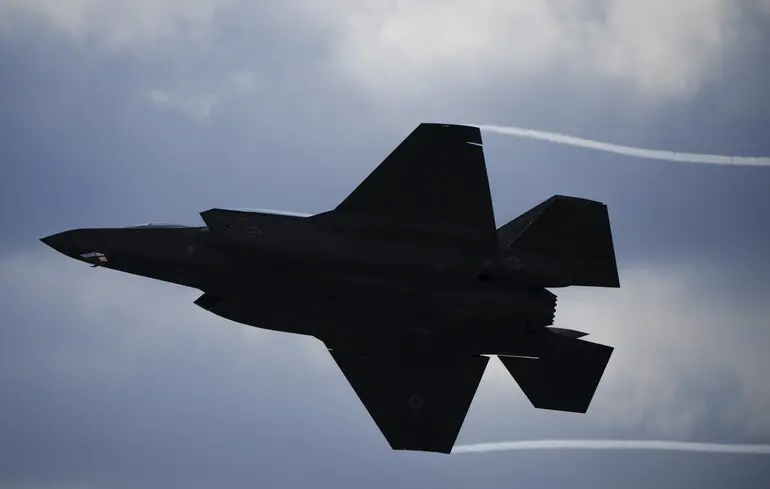International Outcry Over US Trade Policies Impacting Defense Alliances and Global Arms Market

Over the past few weeks, US allies around the world have expressed their frustration and concern over Washington’s new trade and tariff policies, particularly regarding plans to purchase military equipment.
Countries in Europe and India are reconsidering their defense strategies in response to American restrictions, raising questions about long-standing cooperation and the supply of high-tech weapons, especially the F-35 fighter jet.
This signals to the US that its trade tactics aimed at reducing the trade deficit could produce unintended side effects—diminished export opportunities for American industry and a potential reduction in its global dominance.Spain and Switzerland, potential buyers of the F-35, announced intentions to abandon their plans due to high tariffs, prompting a shift of billions of dollars toward European alternatives such as the British Typhoon and French Rafale fighters, as well as emerging projects like the Future Combat Air System (FCAS).
For Spain, these decisions carry political advantages, emphasizing a move toward greater independence and sovereignty in their defense industry.
Analyses show that loss of orders may lead to increased costs for manufacturers, as remaining clients could face higher prices.Meanwhile, Pentagon officials note that withdrawal by these countries will not significantly impact global production lines since contracts can be postponed or redirected.
However, ongoing reductions in international orders could intensify price competition and accelerate Europe’s push for self-sufficiency in arms production, potentially weakening dependence on US weaponry.Another critical aspect is India’s reaction, which has effectively halted US military purchases—including Stryker vehicles and Javelin missile systems—due to the US’s increased tariffs on Indian goods to 50%.
India reaffirmed its strategic partnership with Russia, indicating broader geopolitical shifts prompted by trade measures.Overall, these diplomatic and economic protests highlight that modern tariffs and trade restrictions can profoundly influence allies’ security strategies and undermine confidence in US military and technological dominance.

